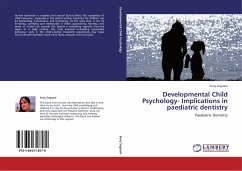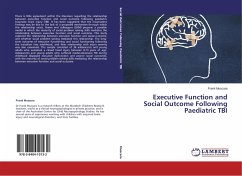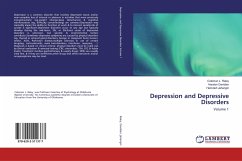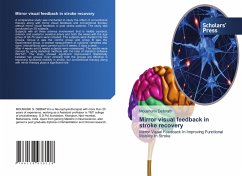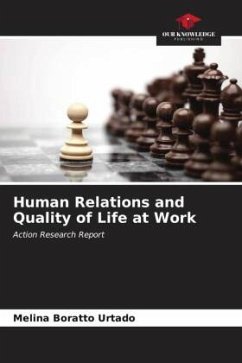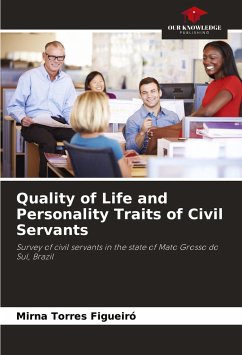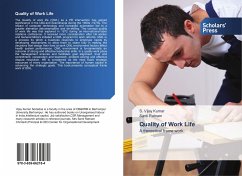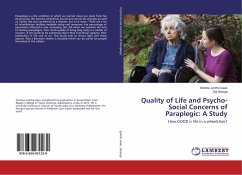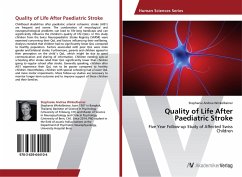
Quality of Life After Paediatric Stroke
Five Year Follow-up Study of Affected Swiss Children
Versandkostenfrei!
Versandfertig in 6-10 Tagen
16,99 €
inkl. MwSt.

PAYBACK Punkte
8 °P sammeln!
Childhood disabilities after paediatric arterial ischaemic stroke (AIS1) are frequent and severe. The combination of neurological and neuropsychological problems can lead to life-long handicaps and can significantly influence the children s quality of life (QoL). In this study children from the Swiss Neuropaediatric Stroke Registry (SNPSR) were examined concerning their QoL and factors influencing their wellbeing. Analysis revealed that children had no significantly lower QoL compared to healthy population. Factors associated with poor QoL were male gender and bilateral stroke. Furthermore, pa...
Childhood disabilities after paediatric arterial ischaemic stroke (AIS1) are frequent and severe. The combination of neurological and neuropsychological problems can lead to life-long handicaps and can significantly influence the children s quality of life (QoL). In this study children from the Swiss Neuropaediatric Stroke Registry (SNPSR) were examined concerning their QoL and factors influencing their wellbeing. Analysis revealed that children had no significantly lower QoL compared to healthy population. Factors associated with poor QoL were male gender and bilateral stroke. Furthermore, parents and children agreed in their perception on the child s QoL, which might be due to good communication and sharing of information. Children needing special schooling after stroke rated their QoL significantly lower than children going to regular school after stroke. Generally speaking, children after AIS1 experience their QoL not to be poorer compared to healthy children. Nevertheless, children with special schooling had a lower QoL and more motor impairments. More follow-up studies are necessary to monitor longer-term outcome and to improve support of these children and their families.



